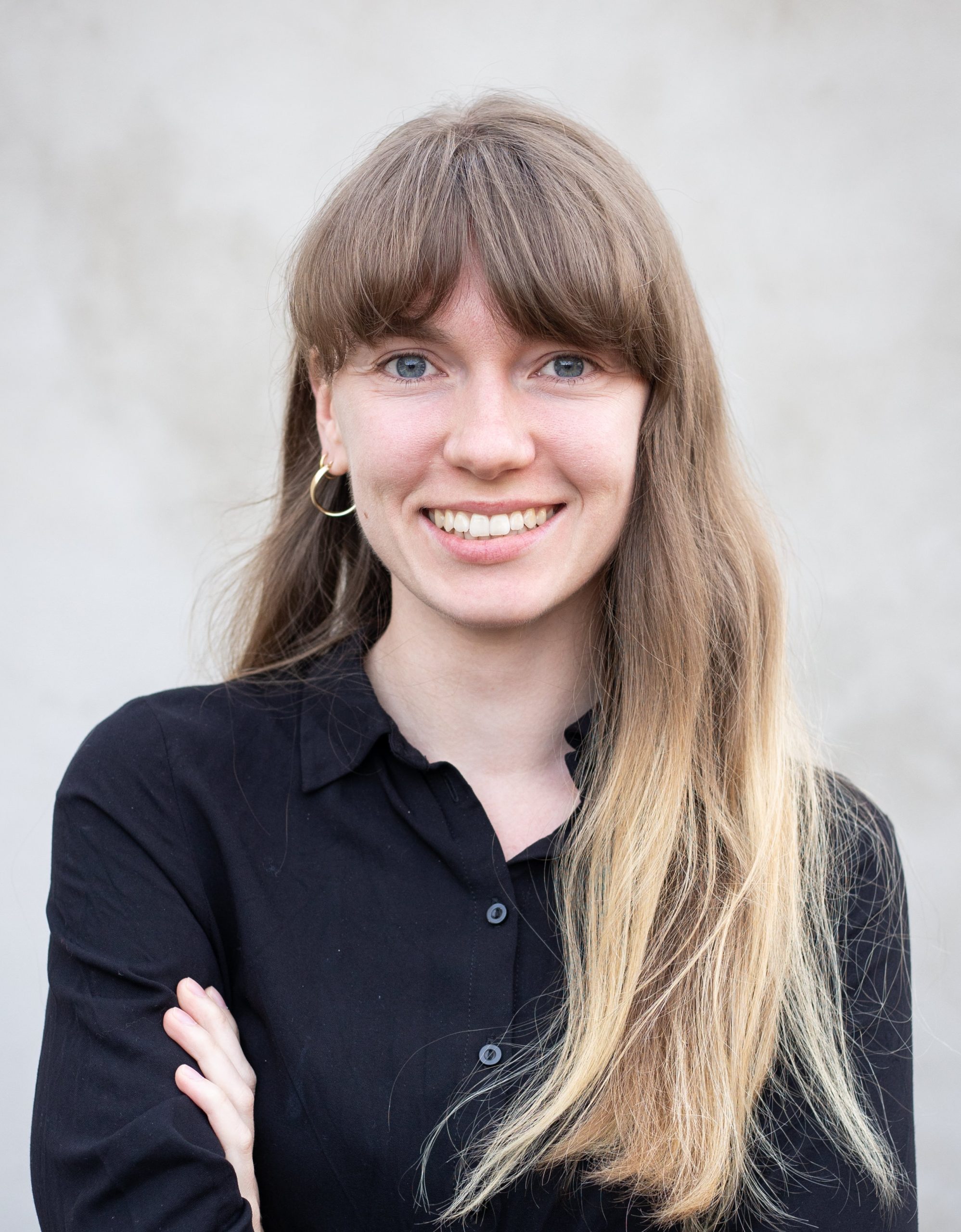Darmstadt University of Applied Sciences (h_da) is one of the largest universities of applied sciences (HAW) in Germany. Founded in 1971, it offers over 60 study programmes in the fields of arts and sciences for around 16,000 students. Applied research and development play a key role at the h_da. The h_da is one of the few universities of applied sciences in Germany with the independent right to award doctorates in its strong research areas of sustainability sciences, applied computer science and social work. The right to award doctorates is exercised in specially established doctoral centers, which serve as a platform for bundling the university’s particular research strengths.
The Institute for Communication and Media (ikum) was founded in 2015 in the Media Department of the h_da. The ikum brings together several different research projects, such as those on the use of digital research data in the arts and humanities, on questions of the digitisation of cultural heritage and in the fields of digital humanities, digital scholarly editions, and data literacy more generally. These research perspectives are addressed primarily from an information and library-science perspective. The members of ikum are active in a variety of national and international professional associations and organisations such as KIBA and IFLA. The h_da is also involved in several national research infrastructures, e.g. in the humanities-oriented consortia DARIAH-DE and NFDI4Culture as well as, from an engineering perspective, in NFDI4Ing. The topic of building up research data infrastructures is especially central to its interests, as the h_da, along with all other Hessian universities and universities of applied sciences, is involved in the state-wide research-data initiative HeFDI. Within this framework, in addition to the development of digital services for research data management, further education and training courses in the field of data literacy are being established. This field is located at the transdisciplinary interface between engineering and the humanities on the one hand and information-, computer- and library science on the other. Also within the framework of HeFDI, a long-term archiving architecture is being established to store local repository research data cross-locationally and with persistent referencing.
Team


Role
Co-Applicant
Responsibility
Type
Scholarly and Research Institution
Co-Spokesperson

Prof. Dr. Stefan Schmunk
stefan.schmunk@h-da.de





















